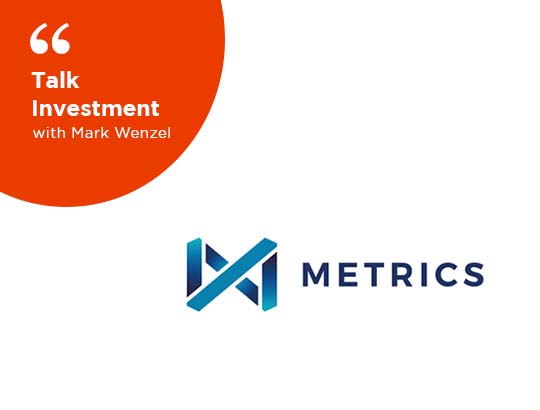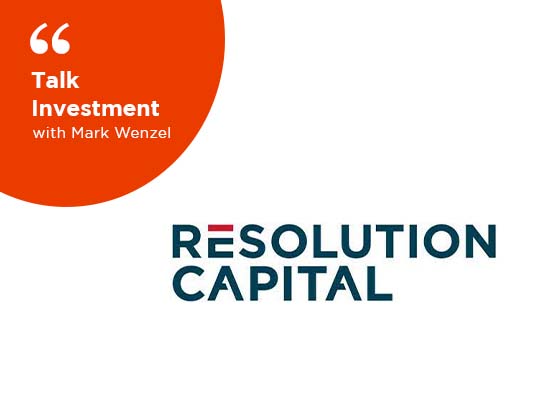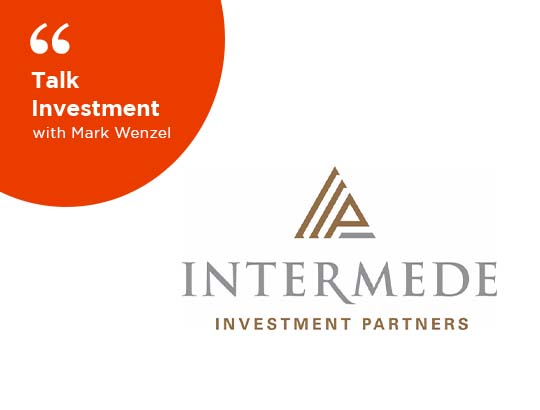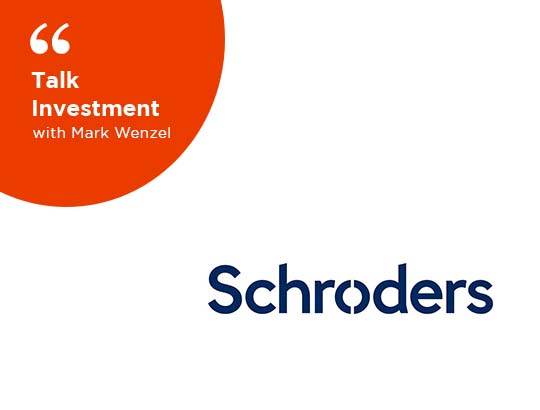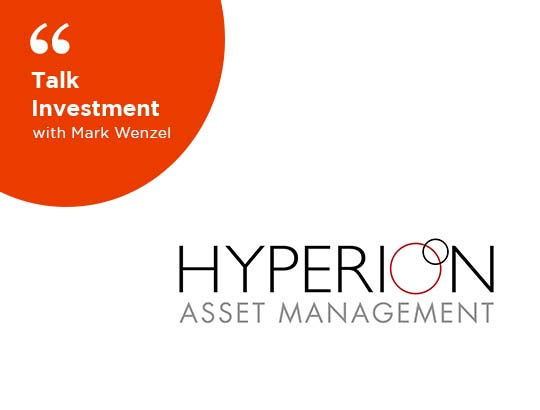The 2022 Federal Budget announcement didn’t throw up too many surprises, however, there was certainly some good news for first home buyers.
One major announcement was the continuation and expansion of the New Home Guarantee Scheme.
This scheme was introduced back in 2020 to support eligible first home buyers to purchase their first home sooner.
How does the New Home Guarantee (NHG) Scheme work?
Usually, first home buyers with less than a 20% deposit need to pay lenders mortgage insurance.
Under this scheme, part of an eligible first home buyer’s home loan from a participating lender will be guaranteed by NHFIC.
This is aimed at enabling you to purchase your first home sooner with as little as a 5% deposit.
What is changing?
The government are more than doubling the number of eligible NHG places on offer to 50,000 per annum for the next 3 years.
10,000 of the spots will be reserved for a new regional home guarantee, that will support eligible citizens and permanent residents who have not owned a home for five years to purchase a new home in a regional location with a minimum five per cent deposit.
What type of home can I purchase under this scheme?
- Newly constructed dwellings
- Off-the-plan dwellings
- House and land packages
- Land and a separate contract to build a new home
The second big announcement was confirmed changes to the First Home Super Saver Scheme (FHSSS) which was also introduced to combat housing affordability for first home buyers.
How does the First Home Super Saver Scheme (FHSSS) work?
The FHSSS lets first home buyers build a deposit inside their super, giving them a tax cut and boosting the savings they can put towards a deposit.
What is changing?
From July 1, the maximum amount of voluntary contributions that can be released under the FHSSS will be increased from $30,000 to $50,000.
We are here to help with all your lending needs
If you are looking to reassess how much you can borrow to purchase your first home after these announcements, please reach out to Loreen at First Things First.
Loreen has access to over 40 different lenders and can quickly ascertain your borrowing capacity and who the best lender is to suit your circumstances.
